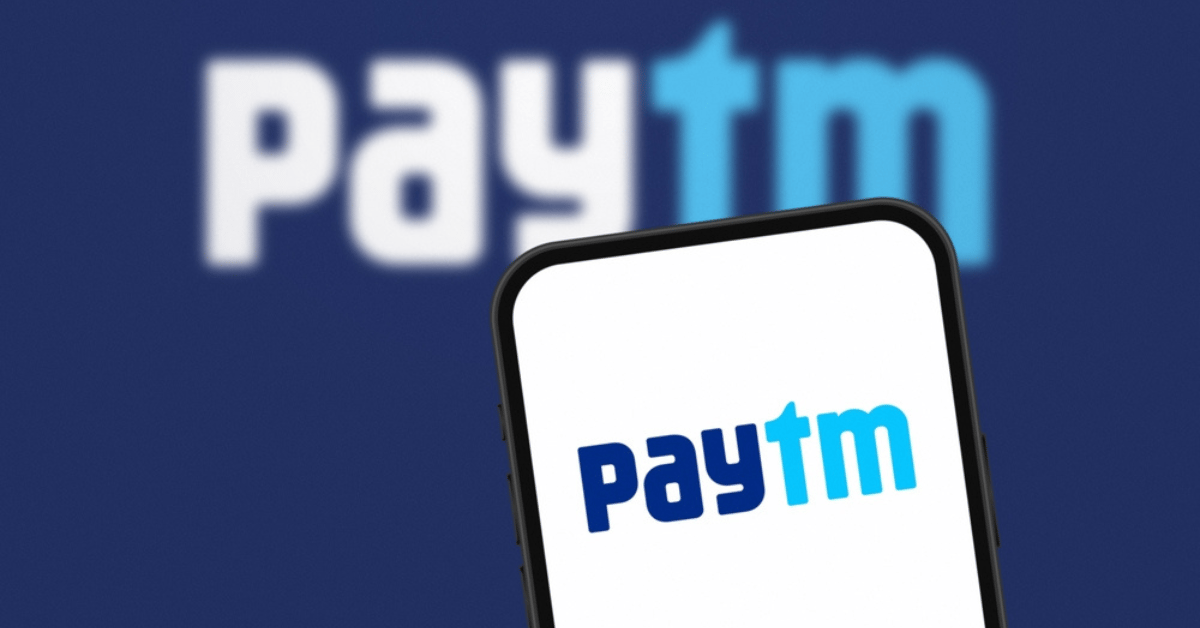SUMMARY:
- Paytm introduces personalised UPI IDs like
@myid, decoupling payments from mobile numbers and banking prefixes. - The move comes amid regulatory pressure and banking restrictions, forcing Paytm to rethink user engagement.
- The feature promotes payment privacy and digital self-branding, especially for freelancers, women, and small business owners.
- With identity and trust becoming central to digital payments, custom handles may signal the future of fintech engagement.
For millions of Indians, making a UPI payment often means sharing something deeply personal—your mobile number. In a world where digital boundaries are fading, the trade-off between convenience and privacy has become increasingly uncomfortable.
Paytm’s latest move—allowing users to create personalised UPI IDs like yourname@myid—seeks to offer an alternative. A name, not a number. An identity, not just a string of digits.
On the surface, it’s a feature update. But beneath it lies a broader story: a fintech company recalibrating its role in people’s lives—not just as a transaction enabler, but as a trusted digital companion in an age of rising scrutiny and insecurity.
What Prompted This Move? A Fight to Stay Relevant
For Paytm, the timing is not coincidental. Earlier this year, the Reserve Bank of India imposed crippling restrictions on its payments bank, citing persistent non-compliance. This effectively blocked Paytm from operating its core UPI services through its banking arm, impacting both volume and reputation.
Now working with partner banks like Axis Bank, Paytm is finding new ways to hold onto its user base, especially in the crowded UPI ecosystem where PhonePe and Google Pay dominate the charts. With the launch of customised UPI IDs, it is tapping into something universal—the desire to be known, but also to be safe.
Vijay Shekhar Sharma, the company’s founder, has long spoken about the intersection of technology, trust, and empowerment. This rollout is a direct extension of that philosophy. It’s also an acknowledgment that fintech is no longer just about efficiency. It’s about user control.
More Than A Handle: It’s A New Kind of Digital Currency—Identity
Let’s take Priya, a home-based baker in Meerut. For years, she’s been operating her small Instagram business, sending customers a UPI ID linked to her phone number. It was functional—but felt personal, even intrusive. Now, with @priyabakes, she has something she didn’t before: a professional payment identity that also feels safe.
Paytm’s new system allows for handles that don’t expose personal data, while also helping users build a digital reputation. Much like email or Instagram usernames, these IDs are memorable and brand-friendly. For freelancers, gig workers, and small merchants, this could be the start of a new payments paradigm—one where privacy is preserved and personality is expressed.
It’s also a potential revenue model. In the future, Paytm could monetise premium or sought-after handles, much like domain names or social media usernames. Imagine @bestplumberdelhi or @legalmumbai becoming digital assets in their own right.
A Broader Trend Toward Digital Humanisation
India’s fintech ecosystem has long focused on infrastructure—pipes, rails, volumes. But now, with over 14 billion UPI transactions in May 2025 alone, the conversation is shifting to user dignity, empowerment, and security.
This launch signals that Paytm is listening.
Yes, it is trying to rebuild its post-bank setback narrative. But more importantly, it’s trying to rebuild trust. With identity theft, spam, and privacy concerns on the rise, users are demanding more than fast payments. They want control, anonymity when needed, and a sense of agency.
And this simple feature—a personalised handle—might just be the first step toward making digital payments feel a little more human.
Closing Thoughts: Fintech With a Face
Paytm’s UPI ID personalisation may seem like a small change. But in a world where digital fatigue and surveillance anxiety are growing, small changes can feel monumental.
It reminds us that behind every payment is a person—with needs, boundaries, and a name worth remembering.



